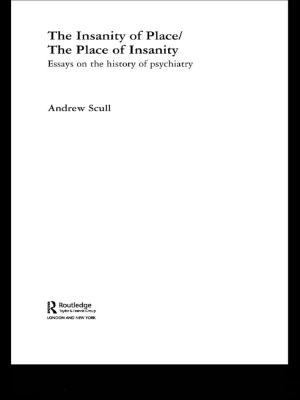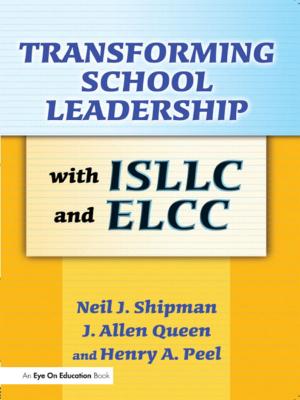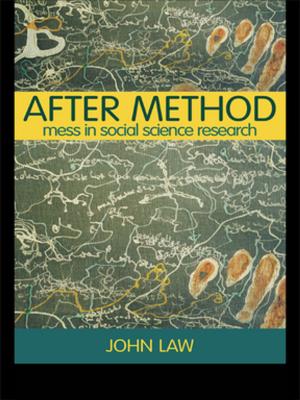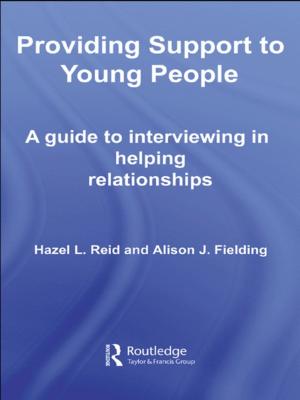Two Aspirins and a Comedy
How Television Can Enhance Health and Society
Nonfiction, Social & Cultural Studies, Social Science, Sociology| Author: | Metta Spencer | ISBN: | 9781317250012 |
| Publisher: | Taylor and Francis | Publication: | December 3, 2015 |
| Imprint: | Routledge | Language: | English |
| Author: | Metta Spencer |
| ISBN: | 9781317250012 |
| Publisher: | Taylor and Francis |
| Publication: | December 3, 2015 |
| Imprint: | Routledge |
| Language: | English |
"An extraordinary book which makes a vital contribution to our understanding of the potential power for healing and goodness in 'television entertainment'." Arlie Hochschild, author of The Time Bind (2001) "Despite the light title, this is a serious book about the healing possibilities of television. ! Provocative and enlightening." Beth Montemurro, Penn State University Can television be a positive force in society? Can socially conscious entertainment change the world? Two Aspirins and Comedy arrives at surprising and unconventional answers to these questions. Metta Spencer delves deep into the significance and power of entertainment as a means to influence society. She finds current examples of socially constructive television and demonstrates how mass entertainment can better use its power to positively influence society. In a climate where television is often a culprit for society's woes, Spencer casts a redemptive eye on the medium. She asserts that television, like other fictional landscapes, offers invaluable lessons, emotional bonding and catharsis for a modern society whose members are increasingly isolated.
"An extraordinary book which makes a vital contribution to our understanding of the potential power for healing and goodness in 'television entertainment'." Arlie Hochschild, author of The Time Bind (2001) "Despite the light title, this is a serious book about the healing possibilities of television. ! Provocative and enlightening." Beth Montemurro, Penn State University Can television be a positive force in society? Can socially conscious entertainment change the world? Two Aspirins and Comedy arrives at surprising and unconventional answers to these questions. Metta Spencer delves deep into the significance and power of entertainment as a means to influence society. She finds current examples of socially constructive television and demonstrates how mass entertainment can better use its power to positively influence society. In a climate where television is often a culprit for society's woes, Spencer casts a redemptive eye on the medium. She asserts that television, like other fictional landscapes, offers invaluable lessons, emotional bonding and catharsis for a modern society whose members are increasingly isolated.















